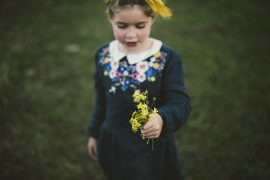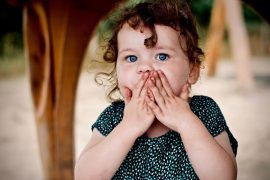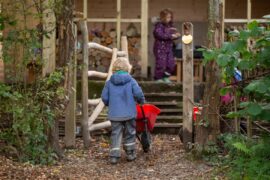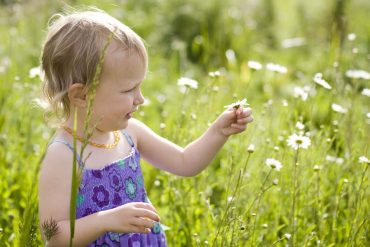I like to take a break from coordinating and curating real life and I enjoy feeling transported by films and literature; however, it’s not just the break from normal that appeals to me, it’s the exercise in potential. As an outside-of-the-box exercise, sci-fi fantasy encourages me to think about life with hope, creativity, and glints of possibility-a type of thinking I hope to nurture in my children.
As in historical fiction, historical fantasy has the awkward premise of major plot points spoiled right out of the gate. Possibility is limited. When real people and events are referenced, readers have a predetermined notion of how events will unfold. Additionally, people like me feel compelled to cross-check fictional portrayals against the historical record. This alone makes the historical pretense a less compelling escapism: when I am Googling characters and events at every plot twist, trying to tease apart history from fantasy, I am not enveloped in the warm fleece of unreality.
“Historically authentic sexism” also puts a bad taste in my mouth and is an example of how reiterating the past stalls forward movement.
Dan Wohl named Game of Thrones in an article about “historically authentic sexism” for The Mary Sue stating, “Sexism in…medieval fantasy is okay or even desirable, the thinking goes, because in the real European Middle Ages sexism was the status quo… but fantasy is called fantasy because it is a fantasy.” He adds, “There were no dragons in the real Middle Ages either, but we don’t have a problem including them.”
Australian fantasy writer Tansy Rayner Roberts adds that this is a problem of all times gone by: “History is actually a long series of centuries of men writing down what they thought was important and interesting, and forgetting to write about women.” Which is to say, there is certainly a lot we don’t know about the historical adventures of women outside of their roles in pleasuring, working for, caring for, or entertaining men. Might not there be ample room for historical fantasy females beyond hapless virgins, comely slaves, and evil stepmothers? In the future, I hope so!
Meanwhile, historical fantasy might blur history for my children, who are inherently new to it, and hammer in social motifs that I’d rather not normalise.
Sci-fi fantasy is all about possibility and resourceful creativity: the type of magic that is the heart of childhood learning. Within its structure there is room for wishes as well as for warnings. I am electrified by notions of what could be: from revolution, to evolution; from interstellar exploration, to untapped human potential; and from the end of the world as we know it, to the beginning of something new. Yes, it’s fantastical (maybe even impossible) but since no one can be sure yet, we might still have a hand in finding out.
And yeah, I know that in the aftermath of some sort of Armageddon, one that destroys all human technology and most of human life, there is a possible future that looks something like the Dark Ages. I guess I’m just an optimist, prone to thinking ahead with anticipative curiosity and high expectations for human progress.
To my children: I can’t even express how much I am looking forward to reading Matilda, Madeleine L’Engle’s Time Quintet, His Dark Materials, The Hitchhiker’s Guide to the Galaxy, The Giver, and Ender’s Game with you!
Nelle Myrica Donaldson is a writer living Berkeley, CA with her husband and three children. Her academic interests and expertise are in biology, psychology and anthropology, and she enjoys writing about the human experience through the lenses of parenting, science, and speculative fiction. www.nelledonaldson.com










